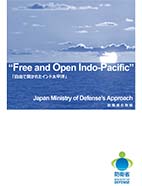Achieving the “Free and Open Indo-Pacific (FOIP)” Vision
Japan Ministry of Defense’s Approach

【Video】Free and Open Indo-Pacific(FOIP)Efforts of the Japan Ministry of Defense and the Self Defense Forces
Development of the “Free and Open Indo-Pacific (FOIP)” Vision
Context
- In August 2016, Prime Minister ABE unveiled the “Free and Open Indo-Pacific” concept in his keynote address at TICAD VI in Kenya
- Japan’s fundamental aim is to foster regional stability and prosperity by improving connectivity between Asia and Africa through a free and open Indo-Pacific region
Three Pillars of “FOIP”
- Promotion and establishment of the rule of law, freedom of navigation, and free trade
- Pursuit of economic prosperity (e.g. improving connectivity)
- Commitment to peace and stability

Basic Concepts of “FOIP”
- The Indo-Pacific region is at the center of world vitality and home to more than half the world population; realizing the stable and autonomous development of this region is crucial for the stability and prosperity of the world
- The goal of the “Free and Open Indo-Pacific” Vision is to facilitate free and robust economic activity throughout the Indo-Pacific, and to realize the prosperity of the entire region
Japan is pursuing the “Free and Open Indo Pacific” Vision through a coordinated whole-of-government approach
Achieving the “Free and Open Indo-Pacific (FOIP)” Vision: Japan Ministry of Defense (JMOD)’s Approach
Characteristics of the Indo-Pacific Region
- The Indo-Pacific region is at the center of global economic dynamism and home to the largest share of the world’s population
- Key sea lanes are located in the Indo-Pacific area; as a result, regional stability is essential to Japan’s security and prosperity
- Meanwhile, there are various challenges within the region, including rapid military modernization and intensified military activity
- All countries in the region are taking measures to respond to this rapid change in the environment
Aspects of JMOD’s Approach
- Securing the stable use of major sea lanes by way of defense cooperation and exchange activities
- Preventing contingencies through confidence building and mutual understanding
- Contributing to peace and stability through active engagement in the region, in cooperation with partner countries
By leveraging defense cooperation and exchange activities,
Japan is creating a favorable security environment in the Indo-Pacific region,
where there remains a range of security challenges
Broadening the Free and Open Indo-Pacific Vision
- Several countries have announced their own regional initiatives, which are consistent with Japan’s “Free and Open Indo-Pacific” Vision
- Japan will enhance cooperation with all countries that share the values inherent to the “Free and Open Indo-Pacific” Vision
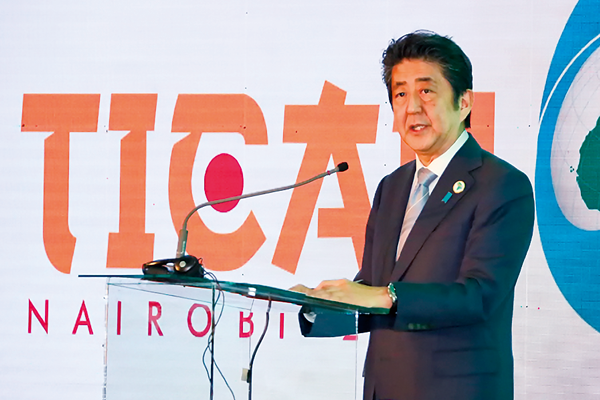
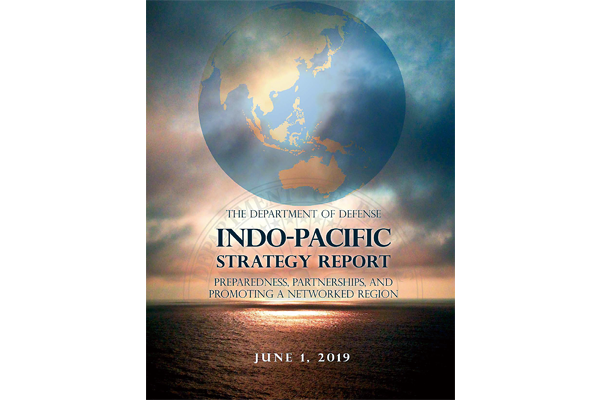
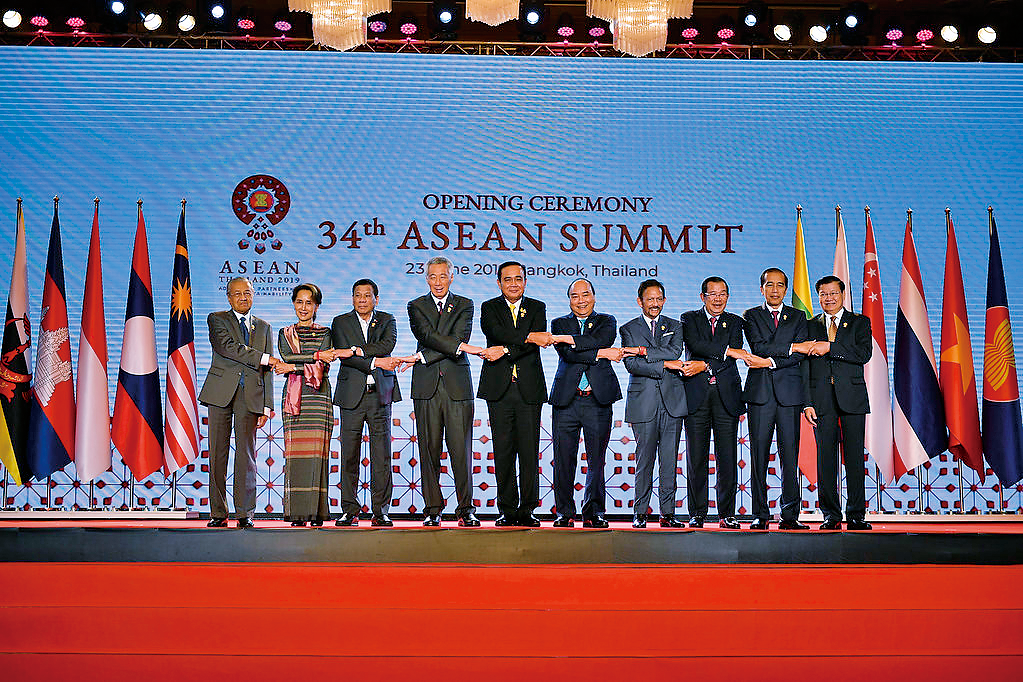
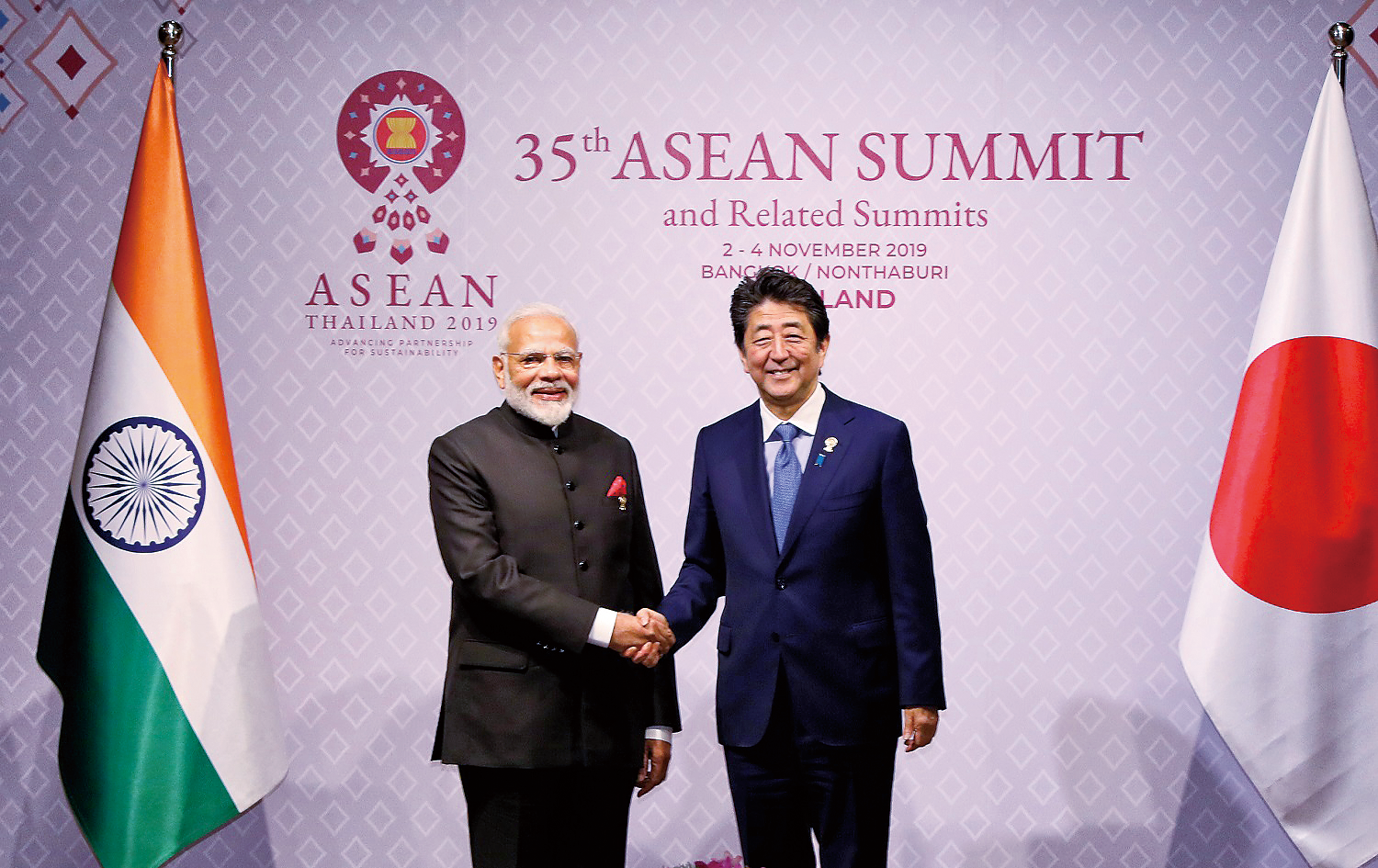
The “Free and Open Indo-Pacific” is an inclusive vision
Mapping the “Free and Open Indo-Pacific” Vision
- Japan Ministry of Defense (JMOD)/Japan Self-Defense Forces (JSDF) is enhancing defense cooperation and exchanges with countries in the Indo-Pacific region. This enhanced engagement encompasses Southeast Asia, South Asia and the Pacific Islands, in which several key sea lanes are located; the Middle East, a key region in terms of energy security; and, Africa and Latin America
- JMOD/JSDF is collaborating positively with Indo-Pacific countries such as the U.S., Australia, New Zealand, Canada and India, and also countries in Europe, including the UK and France, all of which share values inherent to the FOIP Vision and have ties to the region
- As the “Free and Open Indo-Pacific” is an inclusive vision, Japan welcomes cooperation with all countries that share its values.
Examples of Cooperation with Countries that Share the “FOIP” Vision
United States
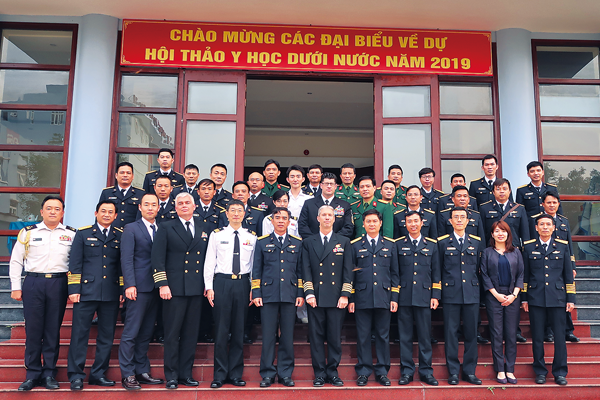
- Japan-U.S. collaboration on a capacity building program with Vietnam (underwater medicine)
- Japan-U.S. bilateral naval exercise as part of the Indo-Pacific Deployment (IPD)
Australia / New Zealand
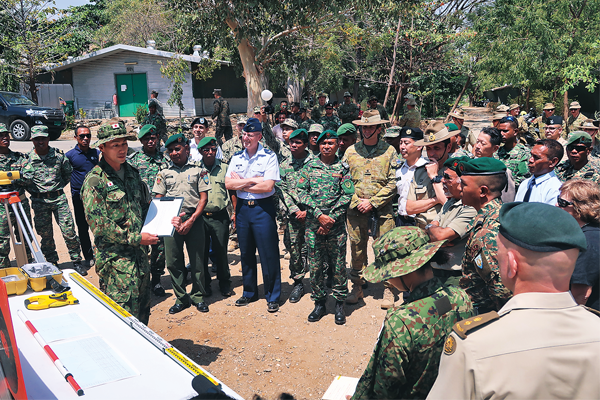
- Participation in an Australia-led capacity building exercise in Timor-Leste (Hari’i Hamutuk)
- Japan-U.S.-Australia multilateral exercise (Cope North)
- Multilateral HA/DR exercise (Operation Christmas Drop)
UK / France
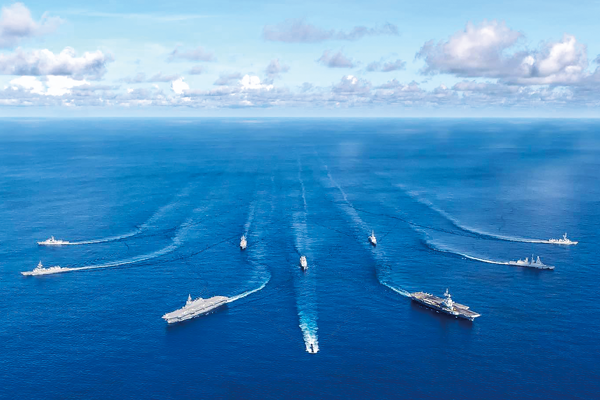
- Japan-France-Australia-U.S. quadrilateral naval exercise (La Pérouse)
- Japan-UK Army bilateral training (Vigilant Isles, Guardian North)
India
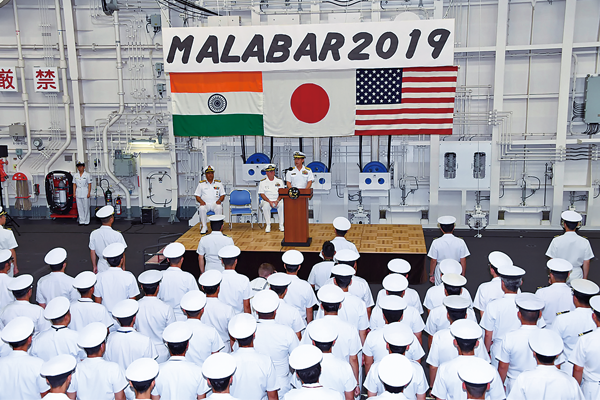
- Bilateral/multilateral exercises for all three services (Shinyuu Maitri, Malabar and Daruma Guardian)
- First Japan-India Ministerial “2+2” meeting, additional to those with the U.S., Australia, UK, France, Russia and Indonesia
Examples of Approaches in Southeast Asia and South Asia
Southeast Asia Contributing to the Security of Sea Lanes, Freedom of Navigation and Overflight in a Stable South China Sea
- Announcing “Vientiane Vision 2.0” on Japan-ASEAN defense cooperation; pursuing synergy with the ASEAN Outlook on the Indo-Pacific (AOIP) to enhance defense cooperation in support of ASEAN centrality and unity
- Conducting joint training and capacity building programs with ASEAN members as part of the Indo-Pacific Deployment (IPD)
- Transferring defense equipment (five TC-90s to the Philippines)
- The transfer of the Air Surveillance Radar Systems to the Philippines
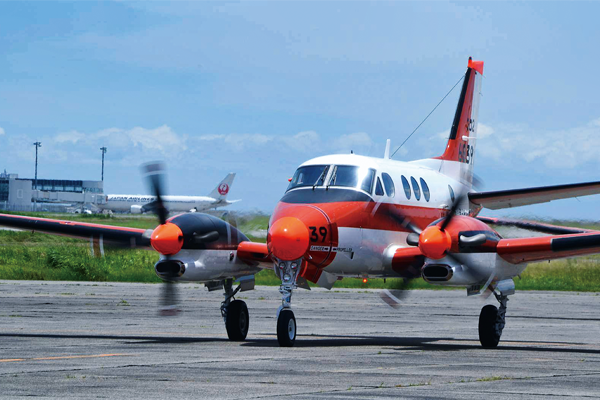
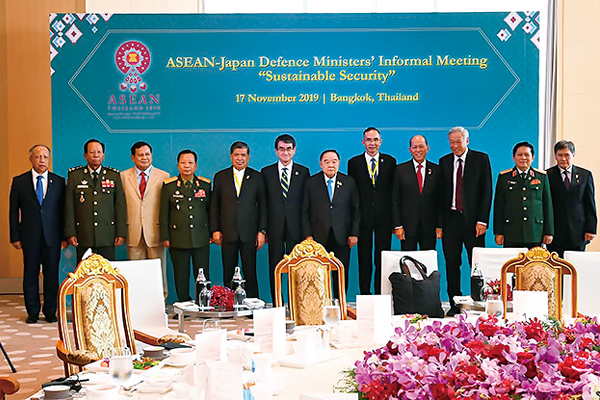
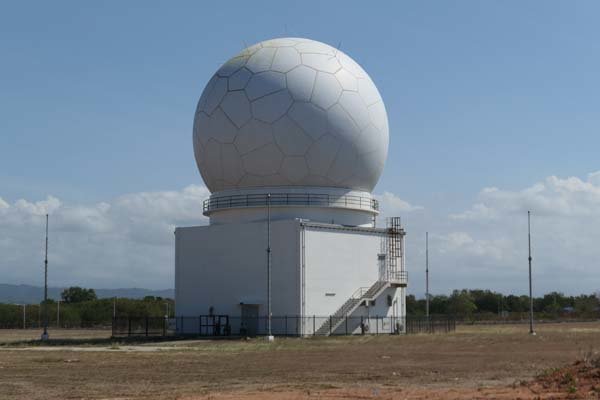
South Asia Contributing to the Security of Sea Lanes and Access to Ports in a Stable Indian Ocean
- Conducting a capacity building program (air rescue) with the Sri Lankan Air Force
- Promoting JSDF port calls and aircraft visits to secure a stable and safe Indian Ocean region (Sri Lanka, Pakistan, Maldives and Bangladesh)
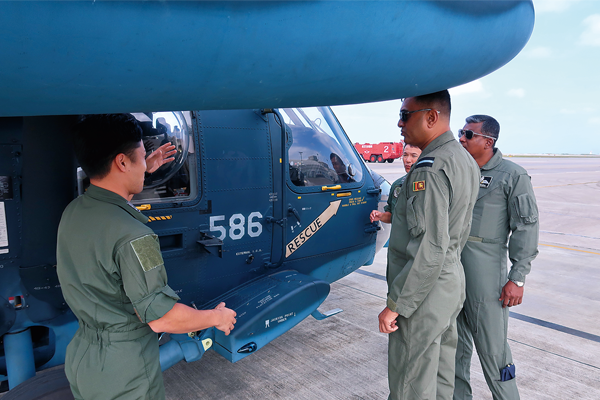
Examples of Approaches in Pacific Islands, Middle East and Africa
Pacific Islands Contributing to the Security of Sea Lanes and Building Mid- to Long Term Relations with Defense Officials
- Organizing the first-ever defense ministerial level multilateral meeting in Japan (JPIDD: Japan-Pacific Islands Defense Dialogue)
- Conducting a capacity building program with the PNG Defence Force (military band training)
- Promoting JSDF port calls and aircraft visits, as well as providing supplies through the multilateral exercise Operation Christmas Drop
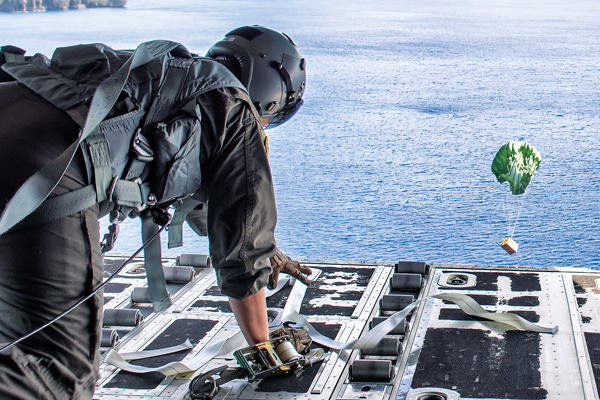
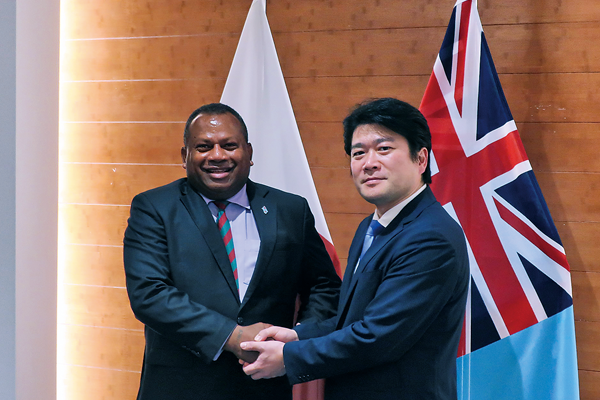
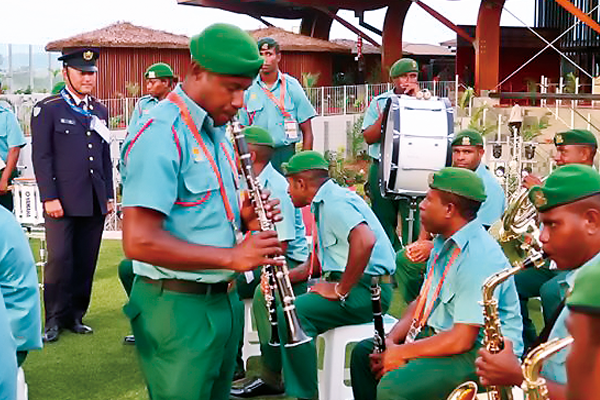
Middle East / Africa Ensuring Energy Security; Enhancing Cooperation on JSDF Activities
- Actively participating in multilateral security councils in the Middle East, as evident in the Japan Defense Minister’s first-ever participation in the Manama Dialogue in Nov 2019. On this occasion, Defense Minister KONO delivered a speech on Japan’s efforts for maintaining the international maritime order based on the rule of law
- Promoting defense equipment and technology cooperation in the Middle East
- Promoting JSDF port calls and aircraft visits in order to secure regional stability (Oman, UAE, Saudi Arabia and Bahrain)
- Implementing a capacity building program with Djibouti with a focus on reinforcing disaster management skills
- Undertaking counter-piracy operations off the coast of Somalia and in the Gulf of Aden
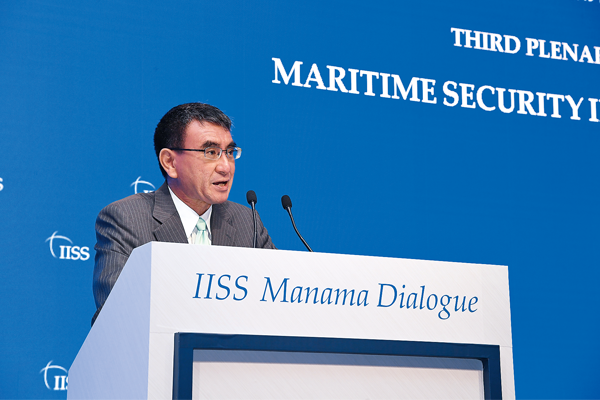
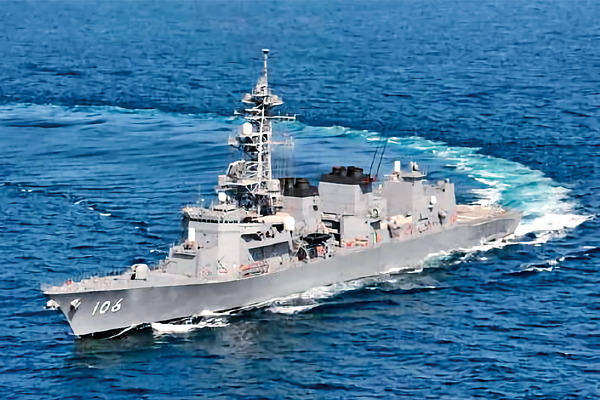
Japan’s Security Cooperation in the National Defense Program Guidelines 2018
Japan’s Basic Defense Policy
- Japan, with respect to national security, will identify national defense objectives and the means to achieve them, and proactively and strategically promote measures with added variety
- Japan creates a security environment desirable for Japan, deters external threats, and surely deals with those in the case those confront Japan, by synthesizing Japan’s overall defense capabilities even in peacetime
- In order to achieve Japan’s defense goals, Japan will strengthen each of the following means: ① Japan’s own defense architecture for national defense; ② the Japan-U.S. alliance; and, ③security cooperation
Strengthening Security Cooperation
- In line with the vision of a “Free and Open Indo-Pacific”, Japan strategically promotes multifaceted and multilayered security cooperation, taking into account characteristics and situations specific to each region and country
- As part of this, Japan actively employs defense capabilities, and conducts defense cooperation and exchanges, including bilateral training and exercises, defense equipment and technology cooperation, capacity building programs, and service-to-service exchanges.
- Security cooperation is one of the three means for achieving Japan’s defense objectives
- Japan is enhancing the scope and frequency of its security cooperation activities to better achieve “FOIP”


